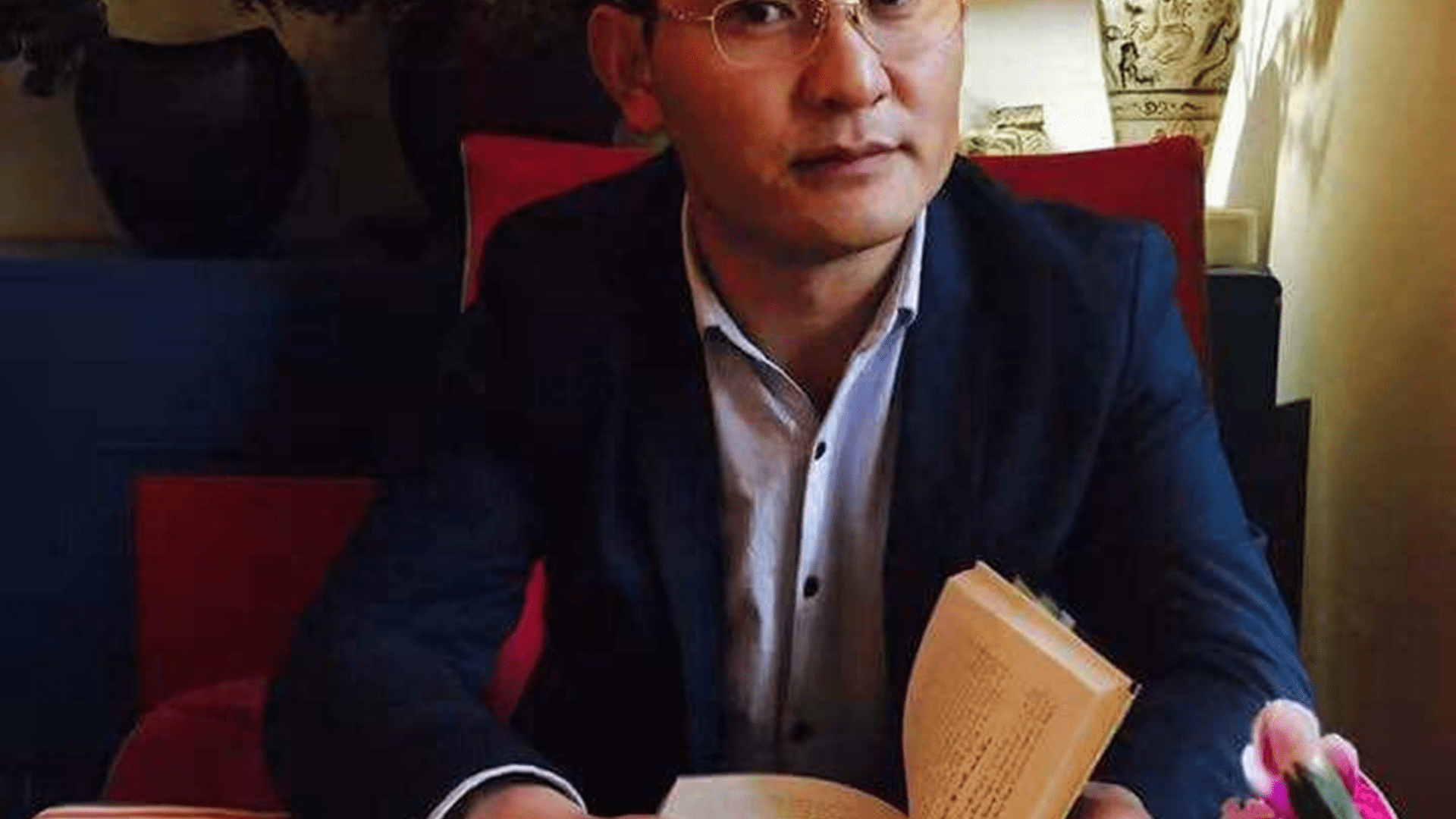
Tibetan writer released after four years in prison
Arrested secretly in June 2019, Lobsang Lhundub was held incommunicado for two years and denied a fair trial
Tibetan writer Lobsang Lhundup was released from Mianyang prison last week after completing a four-year prison sentence under the charges of “disrupting social order”.
Such charges are commonly employed by the Chinese Communist Party to silence dissent, instil fear, and preserve a culture of censorship amongst Tibetan dissidents.
Arrested in June 2019 in Chengdu City, Lobsang Lhundup, who goes under the pen name Dhi Laden, was held incommunicado for two years before being sentenced. Tibet Watch sources report that the writer’s trial was held in secret, without the presence of his friends or family members. Those close to Lhundup suspect that his arrest was linked to his involvement in teaching Tibetan history at a private cultural education centre in Chengdu.
Lobsang Lhundup was born in 1971 at Dida Village in Pema County, Golog Tibetan Autonomous Prefecture. At the age of 13, he was enrolled as a monk in the local monastery, and after two years he joined Serthar Larung Gar Monastery. After finishing his studies, he taught Tibetan language, history, and Buddhism; moving to Sera, Gaden, and Kirti monasteries to teach and pass on his wisdom. He has a wife and a young daughter, who are both immensely concerned for his wellbeing.
As an intellectual and writer, Lhundup wrote and published a number of books and articles under the pen name Dhi Lhaden. Following the 2008 Tibetan protests, he wrote a book entitled ‘The Art of Passive Resistance’ , in which he was critical of the Chinese Communist Party rule in Tibet. The book was translated into English in 2015 by the Tibetan Centre for Human Rights and Democracy, and was reportedly used as evidence in his trial.

